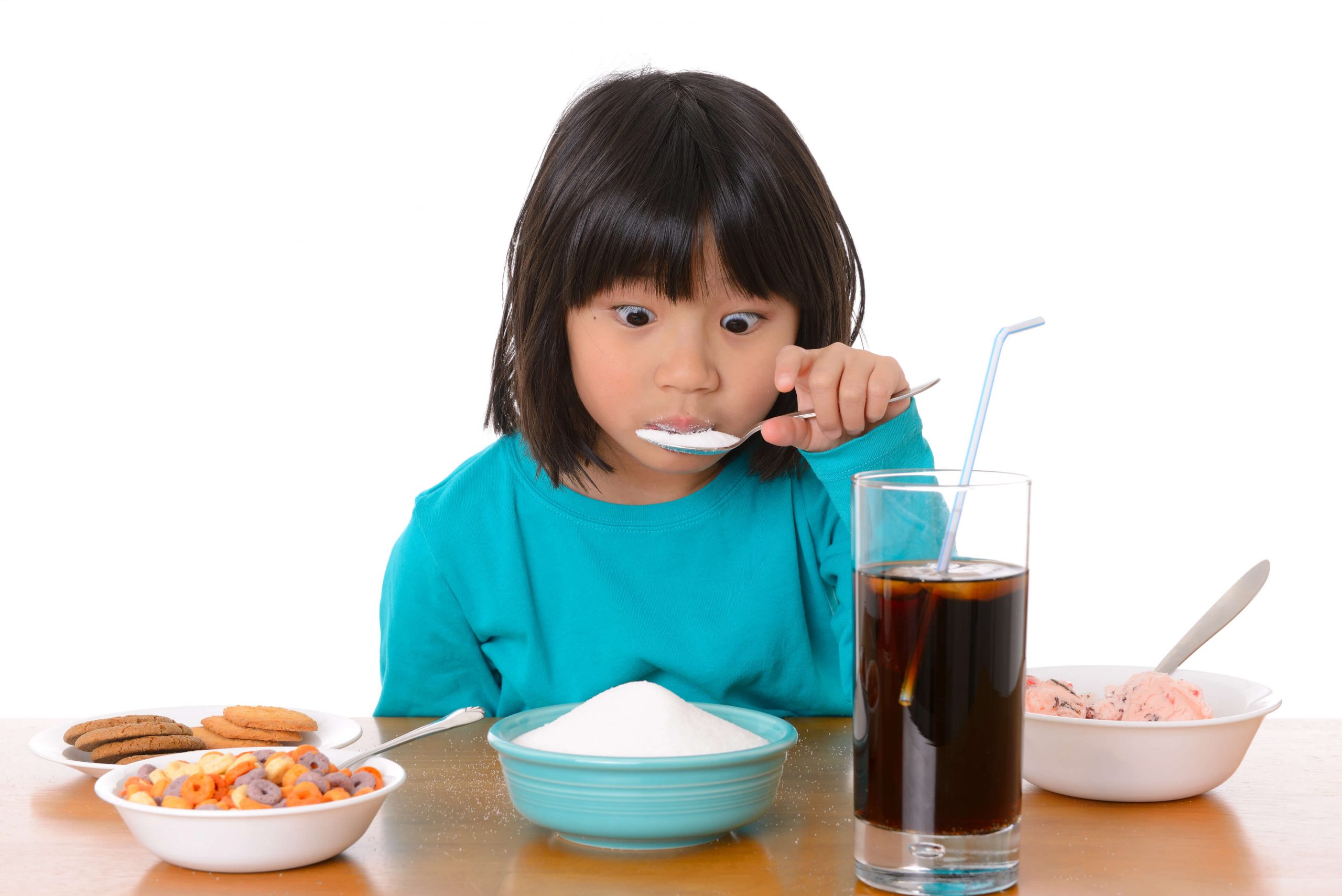Children & Parenting
6 Tips on How to Reduce Sugar in Your Child's Diet

Why Is Added Sugar Harmful?
Added sugar is harmful to the body in many ways. It can be the leading cause of obesity, and it can contribute to accelerated ageing of the skin, hair loss, fatigue, joint pain, high blood pressure and heart disease. Excessive sugar intake also affects the immune system, causing you to get sick more often when exposed to viruses and bacteria. It also leads to insulin resistance and hormonal imbalance, which can eventually lead to diabetes.
If your child has health problems related to allergies like asthma or eczema, you should also be aware that sugar can cause allergic reactions in some people.
How Much Sugar Can My Child Have Each Day?
Babies under 2 years of age should not be given foods or drinks that contain added sugars at all. This is because a large part of food-preference development starts during their early years.For older children (2-18 years old), it is recommended that the amount of added sugar intake does not exceed 24 g or 6 teaspoons per day. As such, getting children to consume healthy foods and avoid sugars from a young age is a promising approach to improving their diet quality.
It is a concern that many children have way too much added sugar, which does not contain any nutrients that a growing child needs.
Read on as we share 6 useful tips on how you can control sugar in your child’s diet and ultimately, reduce the risk of various health problems associated with the overconsumption of sugar.
Tip #1: Limit Fruit Juices and Sugary Drinks
Sodas, juices and other sugary drinks should not be given to your child because they can cause tooth decay.
How do fruit juices fit into this equation? Although many people think of fruit juices as healthy, processed fruit juices that contain too much sugar can cause health problems for your child. In fact, if you visit the supermarket and check the fruit juice labels, 350 ml of orange juice has about 5.5 teaspoons of added sugar, and apple juice has about 7 teaspoons per cup. Half of that is pure glucose without any nutrients at all!
Sugary drinks are also a major contributor to obesity among children who drink them on a daily basis. Limit sugary drinks to one a day to prevent your child from exceeding his/her daily sugar intake.
Tip #2: Reduce Sugary Cereals, Yoghurts and Snacks
If you’re concerned about your child’s weight, limit his or her consumption of cereals, yoghurts and snacks with added sugar. These can include granola bars as well as sweetened yoghurts.
Cereal can account for up to 25% of a child’s or teenager’s added sugar intake each day, and many parents aren’t aware of how much sugar these products contain. When shopping for cereals, be sure to read the nutrition labels carefully because many brands of snacks and yoghurts have large amounts of added sugar.
Tip #3: Serve More Vegetables, Fruits and Non-Processed Food
Apart from reducing sugar in your child’s diet, you should also try to avoid processed foods as much as possible. Instead of eating cakes or candy which contains added sugar, you can have your child eat fruits such as apples or bananas for snacks or desserts.
Instead of cooking pasta, try serving vegetables and legumes such as lentils. Adding sweeteners to meals is not necessary because the natural sweetness of whole foods should satisfy your child’s taste buds more than sugar would.
Tip #4: Read Food Labels
If you’re in a hurry when shopping for your child’s meals, reading food labels can help you to avoid foods with added sugar. The nutrition label on processed foods will tell you exactly how much sugar is contained in a serving of the product. This is especially important for foods that are considered “junk food” or processed snacks.
Tip #5: Be Aware of Hidden Sugar
While you’re reading food labels, try to be aware of hidden sugars. Many foods that don’t taste like they contain sugar actually have high amounts of it. For example, soup broth and ketchup both contain more than two teaspoons of added sugar per serving; some flavoured yoghurt brands contain up to 10 teaspoons per container. As parents of young children who are in charge of the grocery shopping experience, it is important to have good knowledge of the foods that you are buying. This will ensure that your child’s diet contains healthy and nutritious foods, without too much added sugar.
Tip #6: Be an Example For Your Children
If you want to prevent your child from eating too many sweets and snacks, you can start by limiting these foods in the house. Parents should also set a good example by choosing healthier food options such as consuming more fruits and vegetables, exercising and drinking water instead of sugary beverages.
Conclusion
Reducing sugar in your child’s diet is the first step in preventing childhood obesity and the health problems that can result from it. For better results, change the way that you shop for food. By reading labels and choosing foods without added sugar or with just a small amount of it, you can help your child avoid many health problems later on in life. In addition, by serving more fresh fruits and vegetables as snacks and meals rather than processed products, your child’s diet will be much healthier.
Read this next ...
WHO WE ARE
关于SOG
新加坡O&G有限公司(SOG)成立于2011年,我们的愿景是创立一个专业的医疗和外科团队,从而满足现代女性及其孩子和家人的医疗保健需求。我们的诊所遍布新加坡各地,女性和儿童能够方便地享受我们高质量和值得信赖的个性化医疗保健服务。
- 产科
- 妇科
- 妇科肿瘤
- 乳房和普通外科
- 皮肤科
- 儿科
Recommended Specialists
